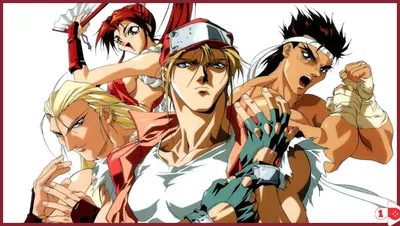
Professional gaming, or esports, has evolved from niche internet cafés to multi-million-dollar arenas and global audiences in the millions. With sponsorships, celebrity status, and fierce competition, pro gaming is no longer a hobby—it’s a full-fledged career. But what does it really take to rise to the top and compete at the professional level?
Raw Talent Meets Relentless Practice
Becoming a professional gamer starts with natural skill, but talent alone isn’t enough. Most pros practice for 8 to 12 hours a day, perfecting strategies, improving reflexes, and working closely with teams to master every detail of gameplay. Just like in traditional sports, repetition builds muscle memory, and elite-level consistency can only come from disciplined, high-volume practice.
Strategic Thinking and Game IQ
Beyond fast fingers, pro gamers need sharp minds. Strategy, timing, decision-making, and adaptability are critical in competitive play. Whether it’s managing map control in League of Legends game review, peeking corners in Counter-Strike, or calculating rotations in Fortnite, pros need to read opponents and adapt in real-time. A deep understanding of game mechanics, meta shifts, and patch updates separates the good from the great.
Teamwork and Communication
Most esports are team-based, requiring seamless communication and collaboration. In games like Valorant or Dota 2, one misstep or mistimed ability can cost an entire match. Pro gamers train together not only to coordinate their moves but also to build trust and synergy. Shot-calling, role awareness, and emotional control under pressure are vital components of team success.
Physical and Mental Endurance
Contrary to stereotypes, esports demands physical discipline. Hand-eye coordination, reaction time, and posture all affect performance. Many pros work with fitness coaches, physiotherapists, and nutritionists to stay in peak condition. But perhaps the greatest challenge is mental. The pressure of live broadcasts, travel schedules, and online criticism can be overwhelming. Mental coaches and therapists have become a common part of esports teams to help players stay focused and healthy.
Branding, Streaming, and Career Longevity
In today’s digital age, being a pro gamer also means building a personal brand. Many players stream on platforms like Twitch or YouTube to grow their following and diversify their income. Engaging with fans, maintaining a positive reputation, and being media-savvy are now essential skills for career longevity. After retiring from competitive play, many move into content creation, coaching, or casting.
The Grind Behind the Glory
While the glamorous side of esports is often spotlighted—big prize pools, sponsorship deals, international fame—the road to becoming a pro is anything but easy. It’s a grind that demands total dedication, sacrifice, and passion for the game. For those who make it, the rewards are great—but the journey is not for the faint of heart.
Conclusion
Inside the world of pro gamers lies a competitive, high-pressure environment driven by skill, strategy, and sacrifice. It’s more than playing for fun—it’s about performing at the highest level and continuously pushing the limits of what’s possible in digital competition.